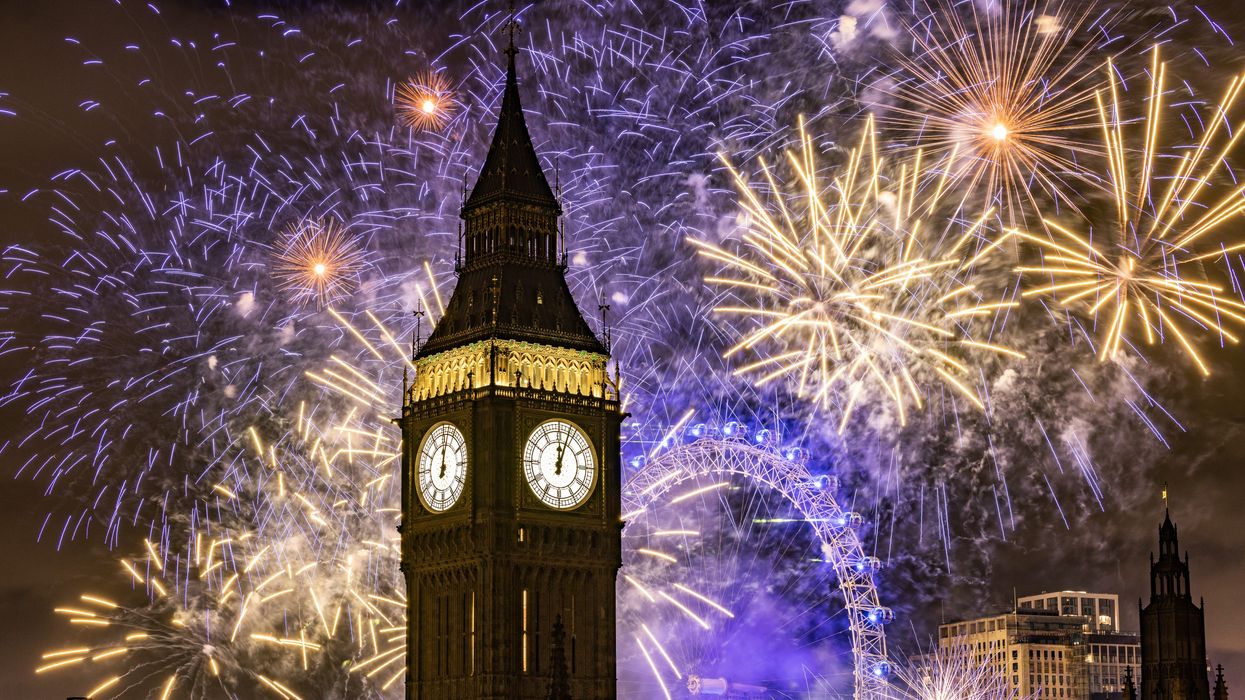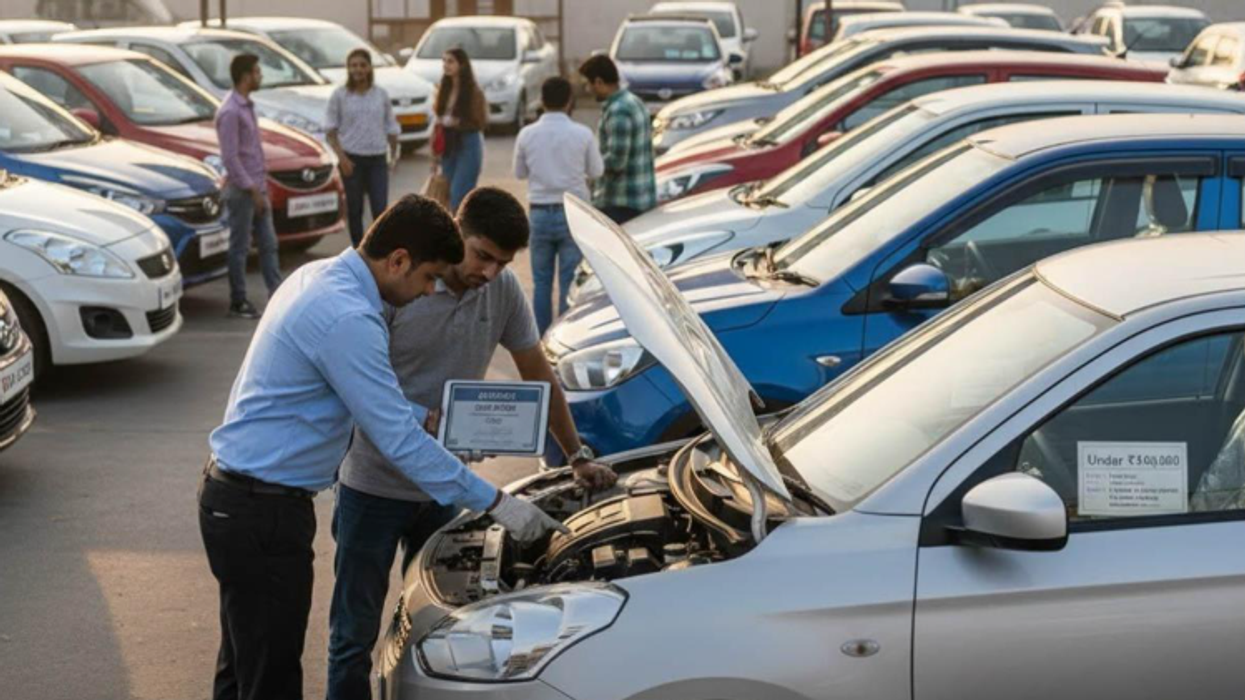The great city of London has had a chequered history—from the Great Plague to the smog-filled streets of the 20th century. After the Black Death of 1348–49, which killed millions across Europe, London was struck by the bubonic plague between 1655 and 1666. Poor sanitation led to sewage overflowing in the streets and the Thames, increasing the population of disease-carrying black rats. The plague killed nearly 200,000 people, a quarter of London’s population at the time. Cases continued sporadically until the Great Fire of London in September 1666, which some believe ended the epidemic.
In 1952, the Great Smog engulfed the city, with coal pollution killing 10,000–12,000 Londoners and leaving 100,000 with respiratory illnesses. Yet, as Britain’s empire grew, so did London’s fortunes. By the early 20th century, more than half of the world’s trade was financed in British currency, making London the financial heart of the empire. It became a global hub for banking, insurance, maritime services, commodities, and stockbroking.
The construction of Canary Wharf in the late 1980s and early 1990s symbolised the boom in financial services. Culturally, landmarks like the Royal Albert Hall (home to the Proms), the South Bank, the Royal National Theatre, the Barbican, and the London Eye have cemented the city’s prominence.
Since 2000, London has thrived economically—but its success is marred by rising crime and corruption, eroding the social fabric.
Crime: A City in Crisis
Violence and sexual offences dominate London’s crime statistics, with 256,000 cases recorded between April 2024 and March 2025—22.2% of all crimes. Will Balakrishnan, director at the Mayor’s Office for Policing and Crime, described violence against women and girls as "endemic."
In 2024, London saw:
- 87,526 domestic abuse offences (a 9.1% increase from 2023).
- 27,596 sexual offences (a 5.7% rise).
These figures likely underrepresent the true scale due to underreporting. Nationally, violence against women and girls (VAWG) rose 37% between 2018 and 2023, accounting for 20% of all police-recorded crimes in 2022/23.
Knife crime remains a scourge, with 16,789 bladed weapon offences recorded by the Met Police—46 incidents per day. Hundreds of families grieve children lost to stabbings, yet political promises have failed to curb the rising toll.
Antisocial behaviour is also rampant, with 231,000 cases reported (20.1% of all crimes). Meanwhile, 58,900 children were arrested in the year ending March 2024, and online grooming crimes surged 82% in five years, with 34,000 cases recorded.
Urban decay is visible: boarded-up shops, graffiti, fly-tipping, and rough sleepers in shopping centres and stations. The stench of cannabis lingers in some areas, while gambling addiction destroys families. The dystopian atmosphere is undeniable.
Corruption: Rot in the System
Corruption plagues institutions meant to uphold integrity. The Financial Reporting Council was dissolved in 2019 after failing to oversee corporate mismanagement. Its negligence was epitomised by the collapse of Carillion, a construction giant that went bankrupt in 2018 with £7 billion in debts.
Auditors KPMG, PwC, EY, and Deloitte were complicit:
- KPMG approved Carillion’s faulty accounts for 2014–2016, later fined for forging documents and misleading regulators.
- 1 in 5 UK accounting firms fail money laundering checks (ICAEW findings).
Local Council Failures
Local authorities are no better:
- Thurrock Council bankrupted itself in 2022 with £1.5 billion in debts from risky solar farm investments.
- Croydon Council has declared bankruptcy three times since 2020, seeking a £1.3 billion debt write-off.
- 99% of English councils missed 2022–23 audit deadlines, with 900 sets of accounts unaudited since 2017.
The "Don’t Rock the Boat" Culture
Those tasked with oversight often avoid tough questions. School governors, regulators, and even ministers prioritise political correctness over accountability.
A damning June 2025 report by Baroness Casey revealed that warnings about the exploitation of white girls by mainly Pakistani men were "institutionally ignored for fear of racism." Ministers now fear civil unrest unless they act decisively.
Conclusion
London is a melting pot, but minorities must respect British values. Freedom demands responsibility. Corrupt institutions need overhauling, and leaders must reject political correctness in favour of honesty and patriotism.
As an Indian, I am proud of our community’s contributions—low crime, high-achieving children, and gratitude for Britain’s opportunities. We will not let this country down.
(Nitin Mehta is a writer and commentator on Indian culture and philosophy. He has contributed extensively to discussions on Hinduism, spirituality, and the role of Gurus in modern society. You can find more of his work at www.nitinmehta.co.uk.)



